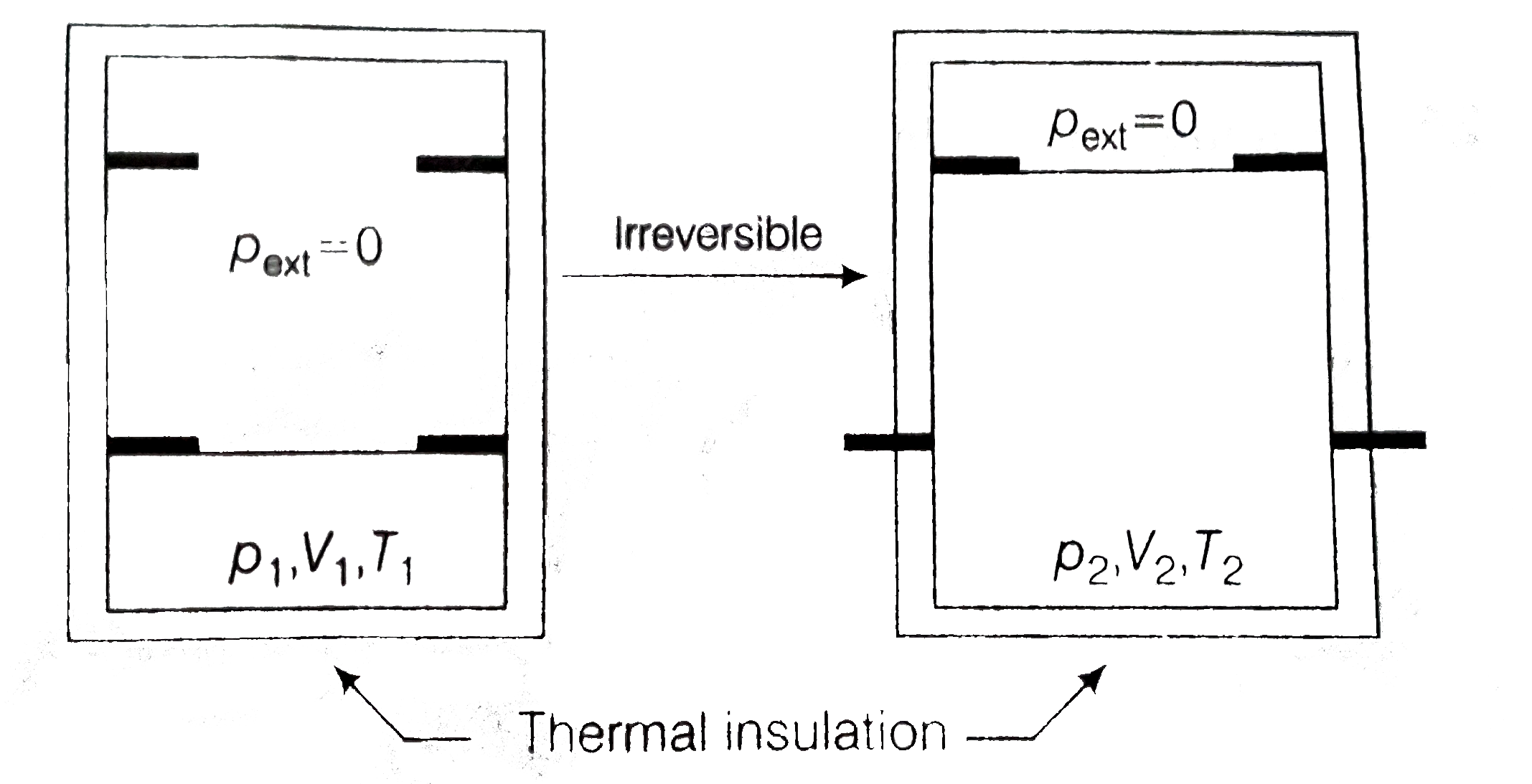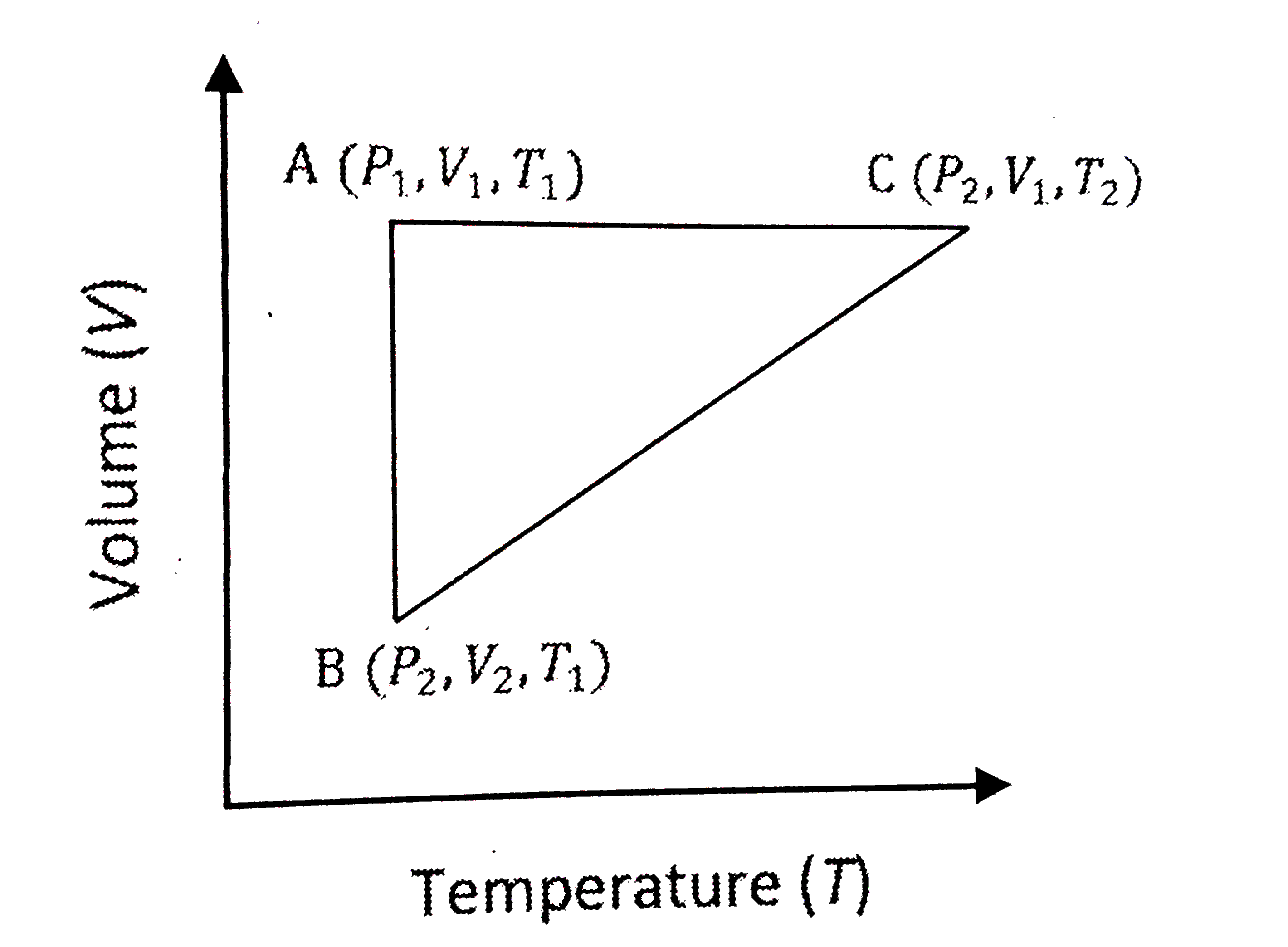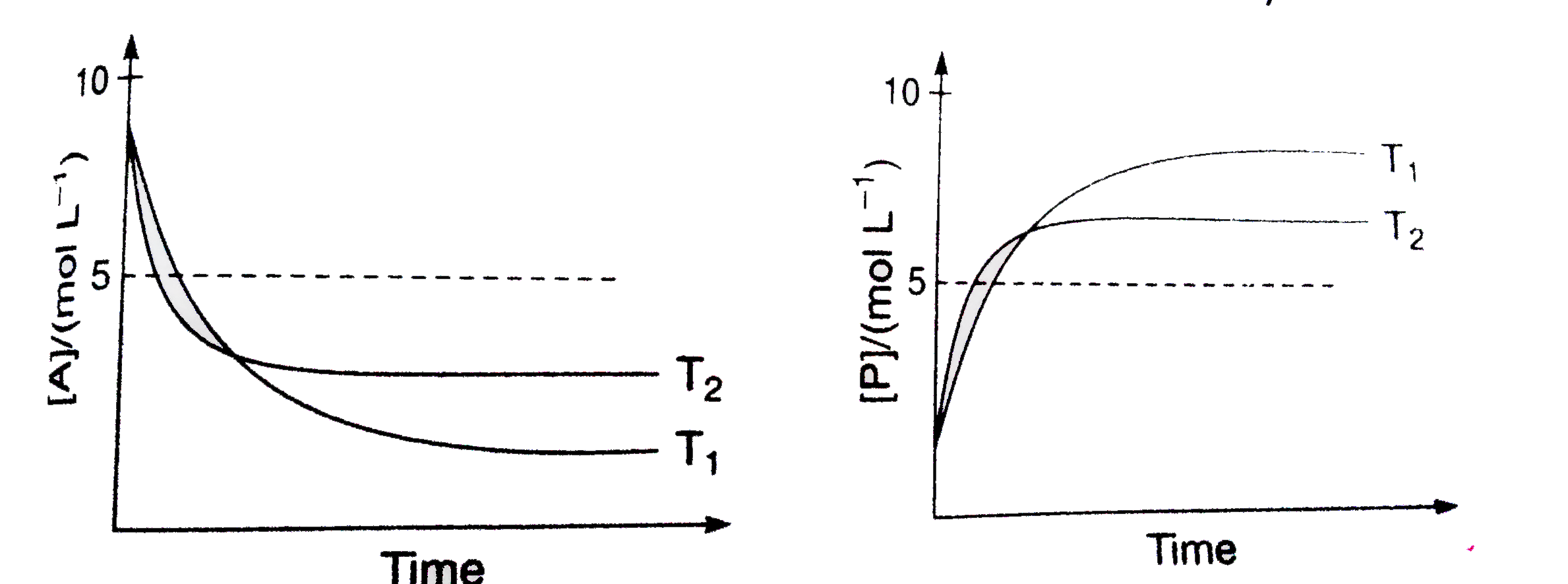Complete Solutions to Objective Question Level B Set II of chapter Chemical Thermodynamics and Thermochemistry of Class 12 book with complete answers and questions
| Class 12 | CHEMISTRY |
| Chapter | Chemical Thermodynamics and Thermochemistry |
| OP TANDON | Objective Question Level B Set II |
| Number Of Questions | 8 |
| Academic Year | 2023-24 |
Which of the following are correct about irreversible isothermal expansion of ideal gas?
View SolutionIn adiabatic process, the work involved during expansion or compression of an ideal gas is given by :
View SolutionFor an ideal gas `(C_(p,m))/(C_(v,m))=gamma`. The molecular mass of the gas is M, its specific heat capacity at constant volume is :
View SolutionAn ideal gas in thermally insulated vessel at internal `(pressure)=P_(1), (volume)=V_(1)` and absolute `temperature = T_(1)` expands irreversiby against zero external, pressure , as shown in the diagram,
The final internal pressure, volume and absolute temperature of the gas are `p_(2), V_(2) and T_(2)`, respectively . For this expansion

View SolutionFor a reaction taking place in a container in equilibrium with its surroundings, the effect of temperature on its equilibrium constant Kin terms of change in entropy is described by
View SolutionAn ideal gas is expanded from `(p_(1),V_(1),T_(1))` to `(p_(2),V_2,T_(2))` under different conditions. The correct statement(s) among the following is (are).
View SolutionA reversible cyclic process for an ideal gas is shown below. Here, P, V, and T are pressure, volume and temperature, respectively. The thermodynamic parameters q, w, H and U are heat, work, enthalpy and internal energy, respectively.

The correct option (s) is (are)
View SolutionFor a reaction, `A hArr P`, the plots of [A[ and [P] with time at temperature `T_(1) and T_2` are given ahead:
 .
.
If `T_(1) gt T_(1)`, the correct statement(s) is (are):
(Assume `DeltaH^(@)` and `DeltaS^(@)` are independent of temperature and ratio of ln K at `T_(1)` to ln K at `T_(2)` as greater than `(T_(2))/(T_(1))`. Here, H,S,G and K are enthalpy, entropy, Gibbs energy and equilibrium constant, respectively.
View Solution
Objective Question Level B Set II questions and complete solutions for chapter Chemical Thermodynamics and Thermochemistry of G.R. BATHLA & SONS CHEMISTRY (HINGLISH) of Class 12
All Exercises from OP TANDON Class 12 CHEMISTRY Chemical Thermodynamics and Thermochemistry
- Assertion Reason Type Question
- Assertion Reason Type Question Set-2
- Example
- Illustrations of Objective Questions
- Integer Type
- Linked Comprehension Type Questions
- Matric Matching Type Questions
- Miscellaneous Numerical Examples
- Objective Question Level B
- Objective Question Level B Set II
- Objective Question Level-A
- Practice problems
- Self Assessment
- Self Assessment (Assertion Reason)
- Self Assessment (Integer type).
- Self Assessment (Matrix Type)
- Self Assessment (Multiple Choice)
- Set 2
- Solved Example